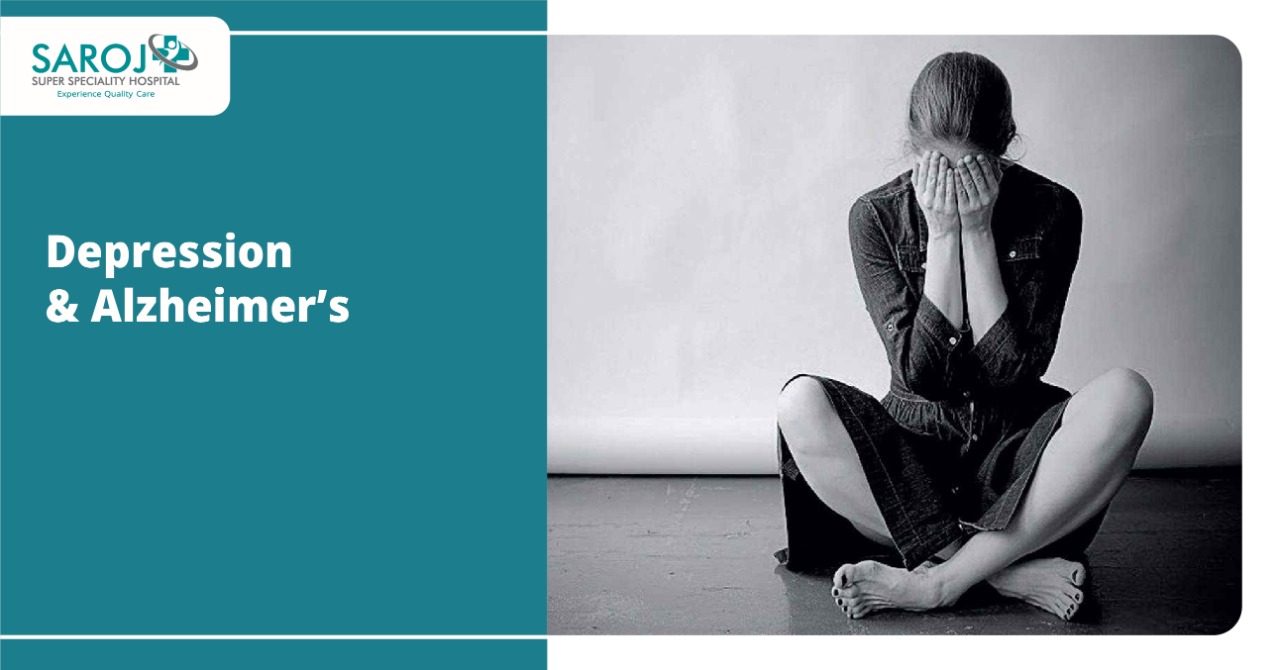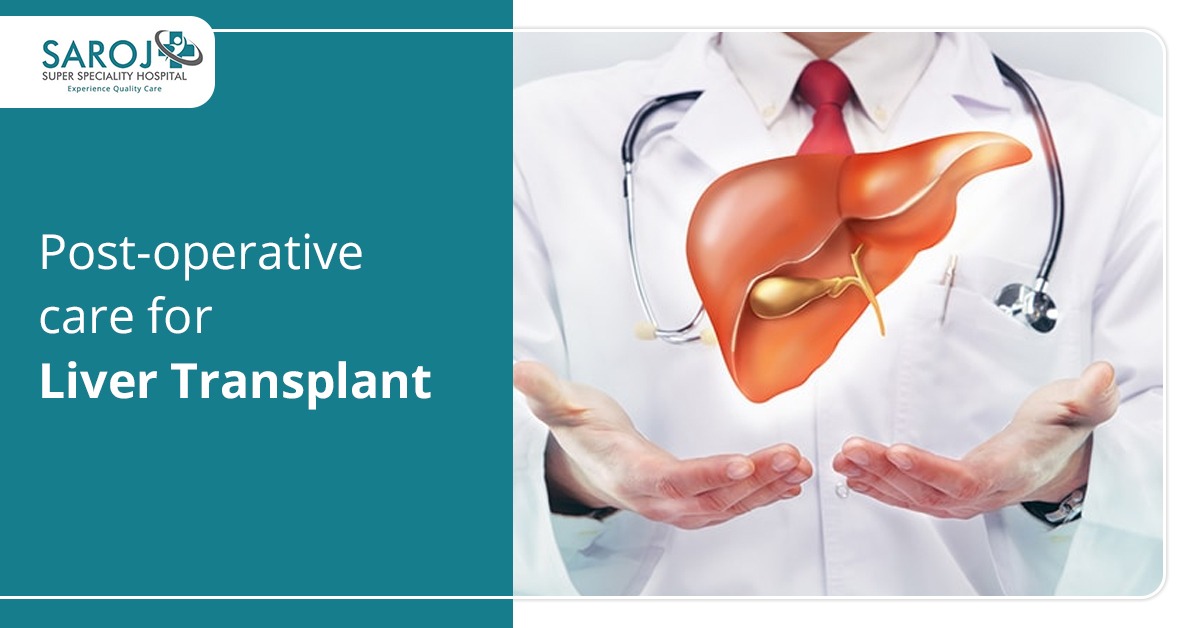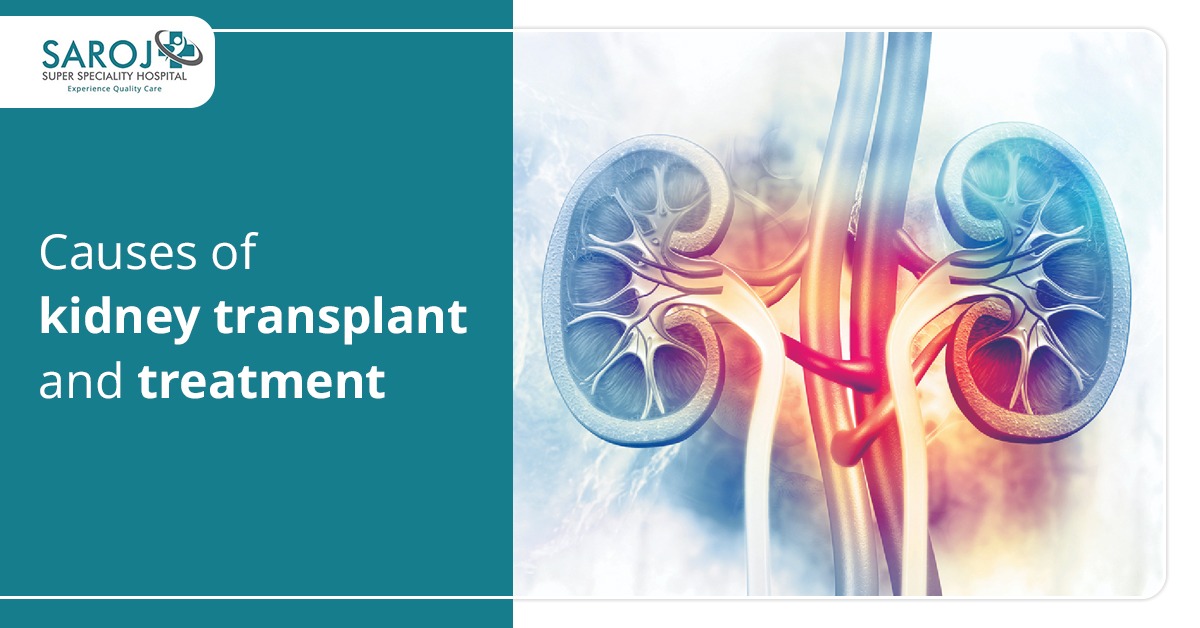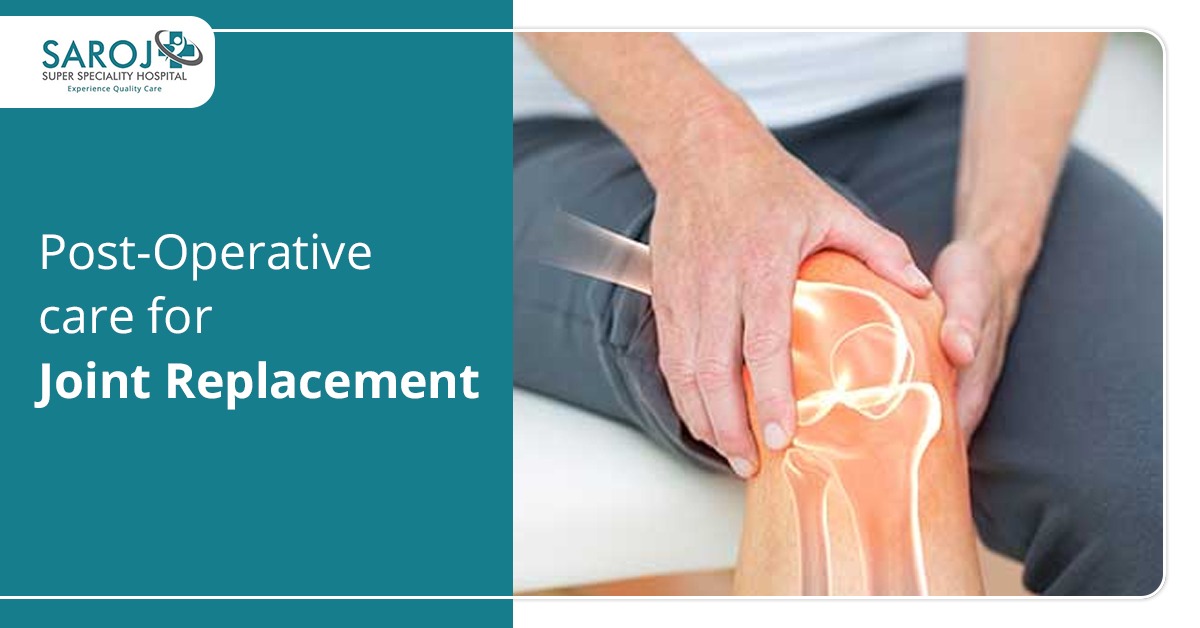Depression is often noticed in people with Alzheimer's, especially during the early and mid-stages. Treatment is available and is successful in making changes to the quality of life. Patients have been seen to undergo distinct changes in behaviour after proper medication. Approach Centre for Spine & Neuro Sciences in Delhi to know about how depression affects Alzheimer’s.
Symptoms of depression
Depression along with Alzheimer's can be difficult to predict since dementia can also showcase some of the symptoms on a very similar note.
• Apathy
• Having no interest in day to day activities or any prior hobbies
• Social withdrawal
• Isolation
• Trouble concentrating
• Impaired thinking
Cognitive impairment is gradually experienced by people with Alzheimer's and this makes it difficult for them to talk or show their feelings like sadness, hopelessness, guilt, and other symptoms which point towards depression.
Some factors by which depression in patients with Alzheimer’s differ from:
• Maybe less severe
• The symptoms are more abrupt and irregular
• The person with Alzheimer's may be less likely to talk or discuss suicide
Diagnosing depression with Alzheimer's disease
The diagnosis is usually done by a medical professional who evaluates the patient. Since a lot of medicines show side effects, a situation of dilemma can occur.
An evaluation for depression will include:
• A detailed review of his/her medical history
• A physical and mental examination
• Regular interactive session with well-known family members
The complexities which come along with diagnosing depression in someone who also suffers from Alzheimer's makes the diagnosis dicey and hence a geriatric psychiatrist who specializes in these disorder recognitions should be consulted for the treatment plan.
For a person who is diagnosed with depression during Alzheimer's, usually suffers from either depressed mood or reduced pleasure in usual activities. He/she is also prone to isolation and social withdrawal.
• Lessening of appetite completely unrelated to another medical condition
• Disruption in sleep
• Agitation or slowed behaviour
• Irritability
• Fatigue or loss of energy
• Feelings of worthlessness and hopelessness often come up
• Thoughts of death, suicide plans, or attempting suicide becomes common
Treating depression
• Support group are seen to be very helpful especially in patients who are at the initial stage
• Schedule a daily routine, where the patient is feeling possibly well, and try doing difficult tasks at that time, like bathing.
• Make a list of activities of what and where the patient enjoys, so that at regular intervals such activities can be scheduled
• The person should be motivated and helped to exercise every morning
• Acknowledge the patient’s frustrating thoughts and feelings, and also motivate and encourage her/him of quick recovery
• Celebrate small successes and occasions
• Offer the patient his favorite foods and give him/her the nurturing care she/he needs
• Reassurance helps the patient to avoid the fear of being left out
Alzheimer’s is a complex disease that needs attention and accurate medication. The disease can escalate very quickly if not kept under proper medical supervision. Contact the Best Neurologist/ Neuro Surgeon in Delhi , Saroj Hospitals to know about more approaches and what can be the most efficient treatment.








